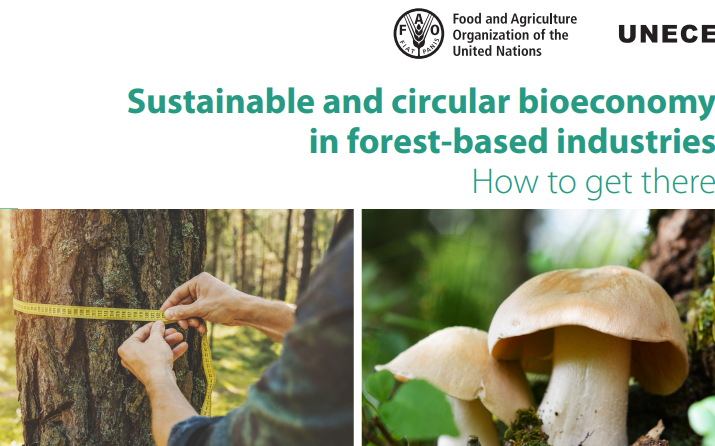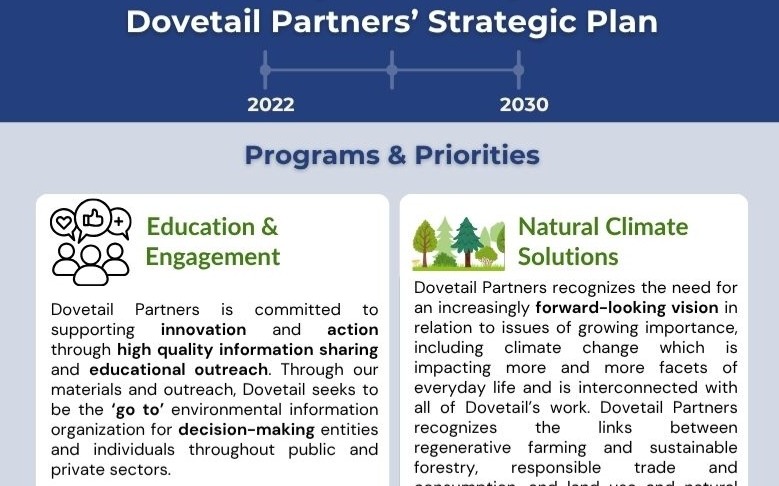The United Nations Economic Commission for Europe (UNECE) has released a new report addressing Sustainable and Circular Bioeconomy in Forest-Based Industries.
A sustainable and circular bioeconomy presents opportunities to improve climate change
adaptation and resilience by promoting ecosystem restoration, nutrient and water
retention in soils, supporting Indigenous People and local livelihoods based on biological
products and services as well as building the conditions for more sustainably managed
forests and fisheries. A transition to a sustainable and circular bioeconomy involves
challenges and risks as well as benefits and opportunities. The potential trade-offs must
be carefully considered and mitigating measures put in place to offset the negatives.
Policy actions, partnerships and innovations are key tools to support a transition. While a
transition to a sustainable and circular bioeconomy is a global goal, local production and
consumption are key economic conditions to consider in achieving it. Local economies,
green job opportunities and consumer interests should be supported and benefit from a
transition.
Forest-based materials are used for a wide variety of products in a circular bioeconomy
and innovation continues to refine existing and to develop new applications.
The considerations addressed in this study include the growing demand for renewable
forest-based raw materials and energy as well as the drive for a reduction in global reliance
on fossil fuels. Additionally, there are considerations for climate change, pollution, and
waste, as well as the phasing out of single-use and fossil-plastics, that create opportunities
and challenges for the forest sector. To further support a sustainable and circular
bioeconomy and the potential for a positive relationship with forests, public and private
sector actors need to continue efforts that will effectively address the environmental,
economic, and social aspects of a transition.
The UNECE/FAO Joint Office acknowledges with gratitude the authors of the study: Kathryn Fernholz and Alicja Kacprzak. The study also benefited greatly from the in-kind and free of change contributions by the following experts: Jana Baumgartner, Patricia Machado, Maria Golden, and Renata Stringueta Nishio.
- Lead AuthorKathryn Fernholz and Alicja Kacprzak, Jana Baumgartner, Patricia Machado, Maria Golden, and Renata Stringueta Nishio
- ClientUNECE
- DateFebruary 2025
- CategoryForest products, Forestry, Forests, Management, Wood
- Project FileDownload

.png)
.png)
.png)

.png)
.png)